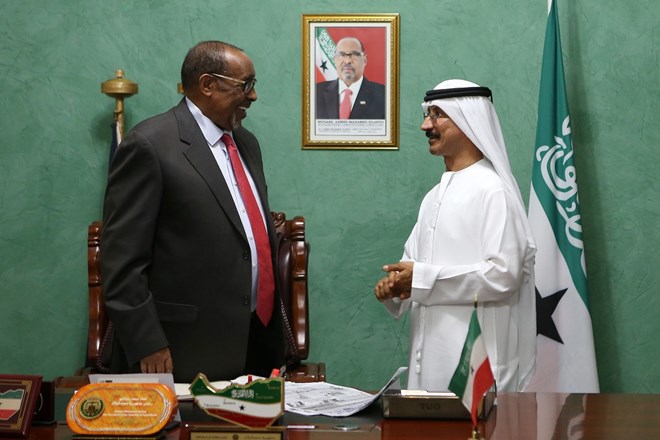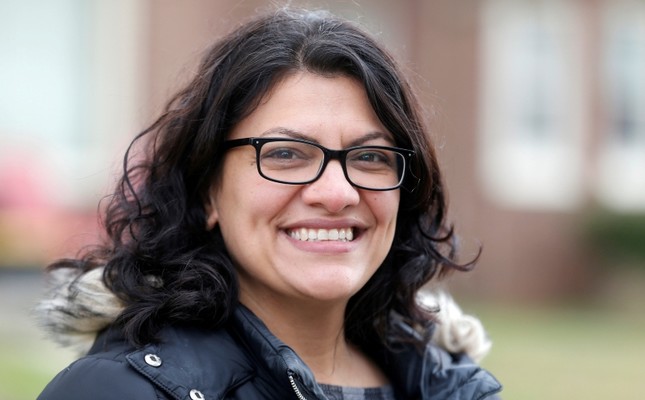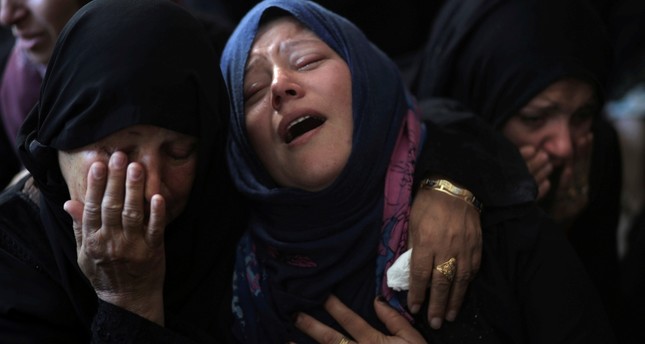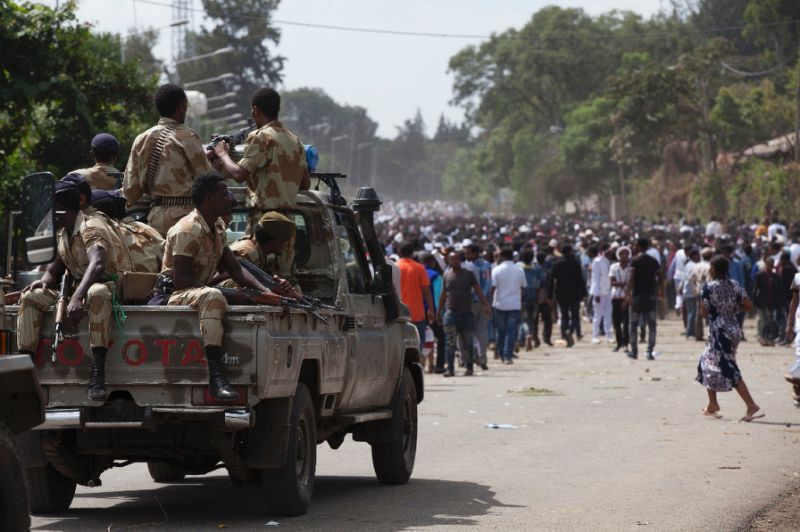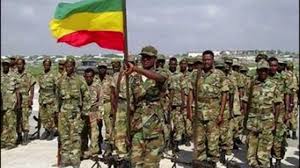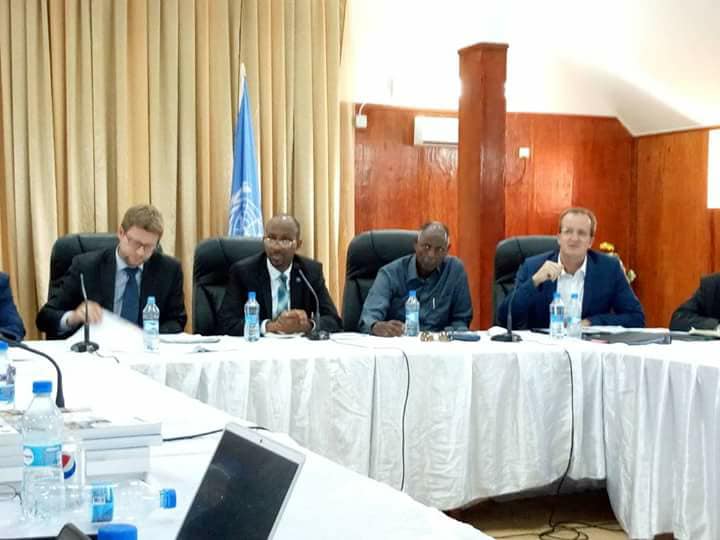
Sunday May 29, 2016
By Awad Mustafa

Ahmed Mohamed Silanyo, the president of Somaliland, meets DP World chairman Sultan bin Sulayem. Pawan Singh / The National
BERBERA, SOMALILAND // The ports operator DP World is bullish on Africa and will expand further across the continent following a deal to create a new gateway in Somaliland, on its eastern coast.
“I am very bullish about Africa and I believe it still has a very huge potential,” the DP World chairman Sultan bin Sulayem told The Nationalduring his first trip to Somaliland last week.
“The reason why we go to Africa is because we get a lot of knowledge and experience and they are the two factors for success.”
This month DP World signed a US$442 million agreement with the government of Somaliland to develop and operate a regional trade and logistics hub at the Port of Berbera.
The project, which will be phased in, will also involve the setting up of a free zone.
The agreement comes as part of a larger government-to-government memorandum of understanding between the Dubai and the government of the Republic of Somaliland to further strengthen their strategic ties.
“This agreement is opening a new chapter to gaining foreign investment by Somaliland. This deal should enhance job opportunities to youth of the country,” said the minister.
DP World operates in Senegal, Egypt, Mozambique, Djibouti and Algeria, employing more than 3,600 people.
Berbera port would be the eighth DP world operation in Africa when completed.
According to Mr bin Sulayem, Berbera port will become a hub and sea route for the Ethiopian market primarily, which is one of the world’s fastest-growing economies and is in need of improved infrastructure and facilities to keep up with the rate of expansion.
Investment in this natural deepwater port will attract more shipping lines to east Africa and its modernisation will act as a catalyst for the growth of the country and the region’s economy, Mr bin Sulayem said.
Last year, Ethiopia’s economy expanded by 10.2 per cent, but is now set to slow to a rate of 4.5 per cent this year because of the impact of drought. However, the outlook for Ethiopia’s economic growth for the next four to five years is favourable, with expansion averaging above 7 per cent, according to IMF forecasts. “Growth in Ethiopia has been underpinned by investment in infrastructure,” Natznet Tesfay, the director of Africa Analysis at London-based IHS told The National.
“Once the port is working at a 75 per cent efficiency, the remaining $170m will be invested in to the development of the port quay,” Mr Omar said.
The port historically served as a naval and missile base for the Somali central government, and in the 1970s it was developed and managed by the Soviets before being turned over in the 1980s for US military use.
The port has been a major link for Somalia and the Horn of Africa to the world, according to the Berbera port general manager Ali Mohammed Omar.
A railway line between Djibouti and Ethiopia was launched at the end of 2015, establishing a key transport infrastructure line and better access.
The government-to-government agreement includes building a road between Berbera port and the city of Wachaale, on the Ethiopian border, dedicated to transport shipments directly from Berbera to the Ethiopian market, Mr Bashe Omar said.
“We will seek their help because Somaliland is eligible for foreign aid from the UAE,” he said.
“Today there are 500 trucks leaving every day from the port on to the road. If you take an average of 400 trucks a day in one year that’s 146,000 trucks leaving the port and if you add trucks coming in to the port, that’s almost 300,000 going in and out so definitely the road will add a lot of value,” he added.
This could represent a new opportunity for DP World, says Mr bin Sulayem.
“Diridhaba is big and the government has plans, we are hoping that we will be allocated a space for our logistics park an industrial zone there.”

